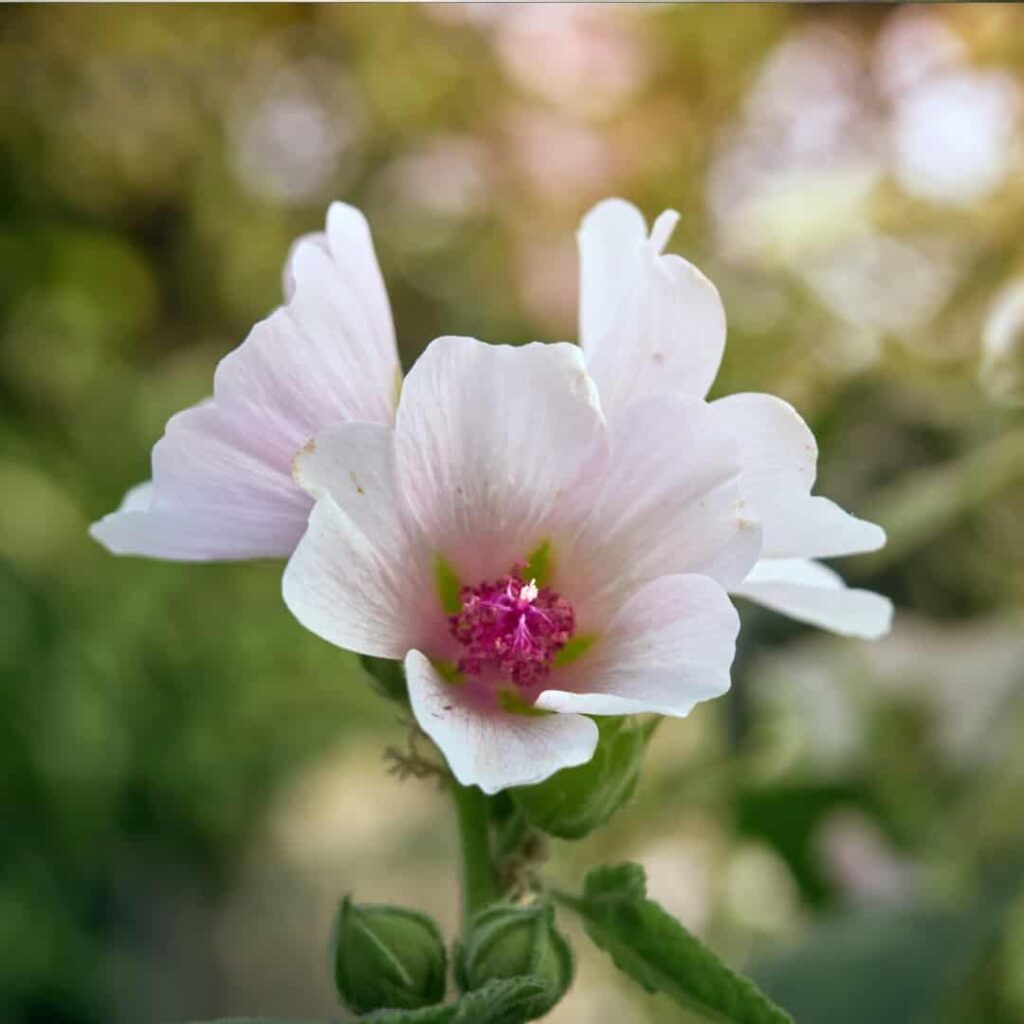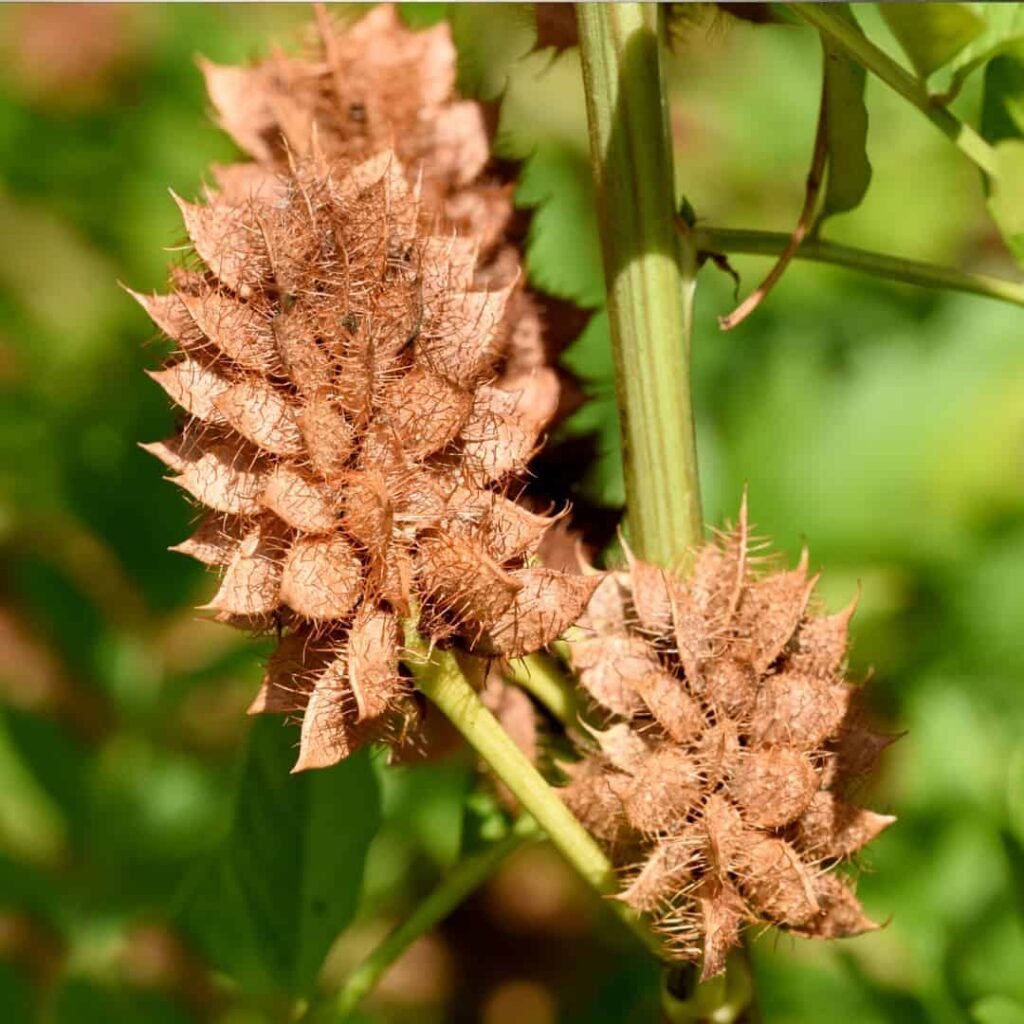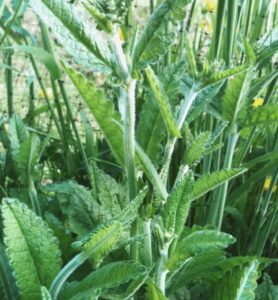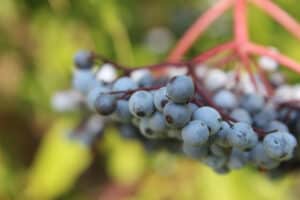Table of Contents
This question is a major point of confusion for a lot of herbalists out there.
It’s something I’ve been starting to call ‘constitution confusion’.
We see a lot of herbalists wanting to adopt a model of traditional constitutional systems into their approach to herbal medicine. This includes understanding the holistic properties of plants, how to work with the constitutions of people, and understand the energetics of plants. But I see a lot of confusion in terms of the difference between someone’s core constitution and their assumed constitution, or current constitutional state.
What does ‘constitution confusion’ mean?
There are many constitutional systems out there, whether we’re talking about the three doshas of Ayurveda or the five elements of Chinese medicine or the astrological model or the Greek humoral system. But the core confusion that I see amongst a lot of people is the question of, “what happens when someone has an innate constitution and then they have a symptom of a disease or an acute condition that is different from their core constitution?”
The vitalist approach to herbalism looks at understanding one’s constitutional makeup and how that correlates to our predispositions for disease, our body makeup, and our strong and weak organ systems. But there can often be uncertainty about how to address the presenting symptoms or issues that someone is experiencing, while also taking into account their core constitution, especially when there’s a difference between the two.
What might this look like?
So for example, say someone has what in Ayurveda would be referred to as a ‘Kapha’ constitution. Or in the humoral system, we might say ‘melancholic’ or ‘phlegmatic’. They tend to be cold, damp, and a little more heavy and sluggish in their constitutional makeup.
…but currently they have a really dry cough.
Now, where the confusion happens is that this person has a cold, damp, heavy type constitution, so we would typically want to avoid moistening, cooling, heavy remedies. But according to the dry cough, we should give them moistening, demulcent, expectorant remedies.
So where do we begin? How do we effectively treat what’s right in front of us when the core constitutional pattern seems to contradict what we’d want to give them?

The important point here is that the core constitution of a person is like the backdrop, it’s the general set and setting of their makeup. It’s really meant to be something that can guide, inform, and help you to understand a little bit more about that person’s predispositions, tendencies, qualities, and their characteristics. But you don’t want that to override your ability to see what’s right in front of you. Remember, the most important thing to pay attention to as an herbalist is what the most important thing is to the client… the primary complaint! So we have to remember to focus on the issue at hand, and in the case of acute symptoms, these are more important than the core constitution.
I see a lot of herbalists getting really caught up on the core constitution and that prevents them from actually having an effective therapeutic protocol for the assumed constitution. So regardless if someone’s core constitution is typically cold and damp, but now they’re presenting with a hot dry cough, which is their assumed constitution, or the constitution of that organ system, we treat the hot dry pattern. It’s really important that we make sure to address what’s presenting for them currently, which in this case, is the hot dry cough. So if you were to give them something like Licorice (Glycyrrhiza glabra) or Marshmallow (Althaea officinalis), these more demulcent expectorant remedies for the lungs, you don’t have to worry about the fact that those remedies are generally contraindicated for a cold and damp constitution because you’re treating an acute situation in a localized organ system that needs constitutional correction.

I don’t want to say that you should ignore the constitution or that the constitution isn’t important. It definitely is, and it can really help provide you with some incredibly valuable insights and perspectives into how to work with the person. But don’t let it blind you from seeing the presentation of the case. Remember it’s important that we address what’s right in front of us. We correct the excesses and the deficiencies that are contributing to the health concern that a person is having in this moment. So the key takeaway here is to always make sure to attend to the current or assumed constitutional pattern.
Now, this brings up another key consideration, which is short term versus long term, local versus constitutional.
Typically when you’re administering herbal remedies, especially for an acute symptom like a cough, you’re not going to give those remedies for months and months at a time. You’ll give them for a few days or weeks until that acute symptom resolves itself, at which point you stop administering the herbs because the primary problem has been resolved. In these situations the plants usually aren’t being taken long enough to lead to constitutional imbalances in the whole person.
Where you end up needing to pay a little closer attention to the core constitution is when you’re going to be administering plants over a longer-term period of time and at higher doses. This is where you have to really pay attention to any potentials for those plants causing an imbalance. As herbalists, we want our herbs to heal people, which is obviously good, but it can lead to a fear of not wanting to give the wrong remedy and make something worse or create an imbalance in their constitution. But you’re not typically going to run into that kind of an issue if you’re just administering herbs in moderate doses, moderate frequency for a short period of time. It’s not until someone is taking an herb with consistency for a longer-term period of time that you’re going to start seeing it affecting the constitution as a whole.

Now, of course, there’s always exceptions to the rules. It depends on someone’s constitution, it depends on their sensitivity, it depends on the herbs you’re giving them and the dosage and the frequency. And of course it’s going to be different every time, person to person, case to case, remedy to remedy. But I think a good general rule of thumb is to:
1) Consider the length of time someone will take the herb (longer term = more potential for constitutional aggravation)
2) Keep straight the localized imbalance within the organ system versus the constitutional pattern as a whole (and sometimes they’re different)
3) More often than not, especially for acute symptoms, the current assumed constitution, or that of the local organ system, is more important than the core constitution
The essence of what I’m trying to share with you here is yes, look at the constitution, look at the wholeness of a person, but also look at the specificity of the imbalanced tissue state in that organ system and begin to work with that. In this way, you can dynamically cultivate an awareness of someone’s constitution as a whole, while really focusing on what’s right in front of you and needing to be addressed.
Take care and be well,
Sajah







